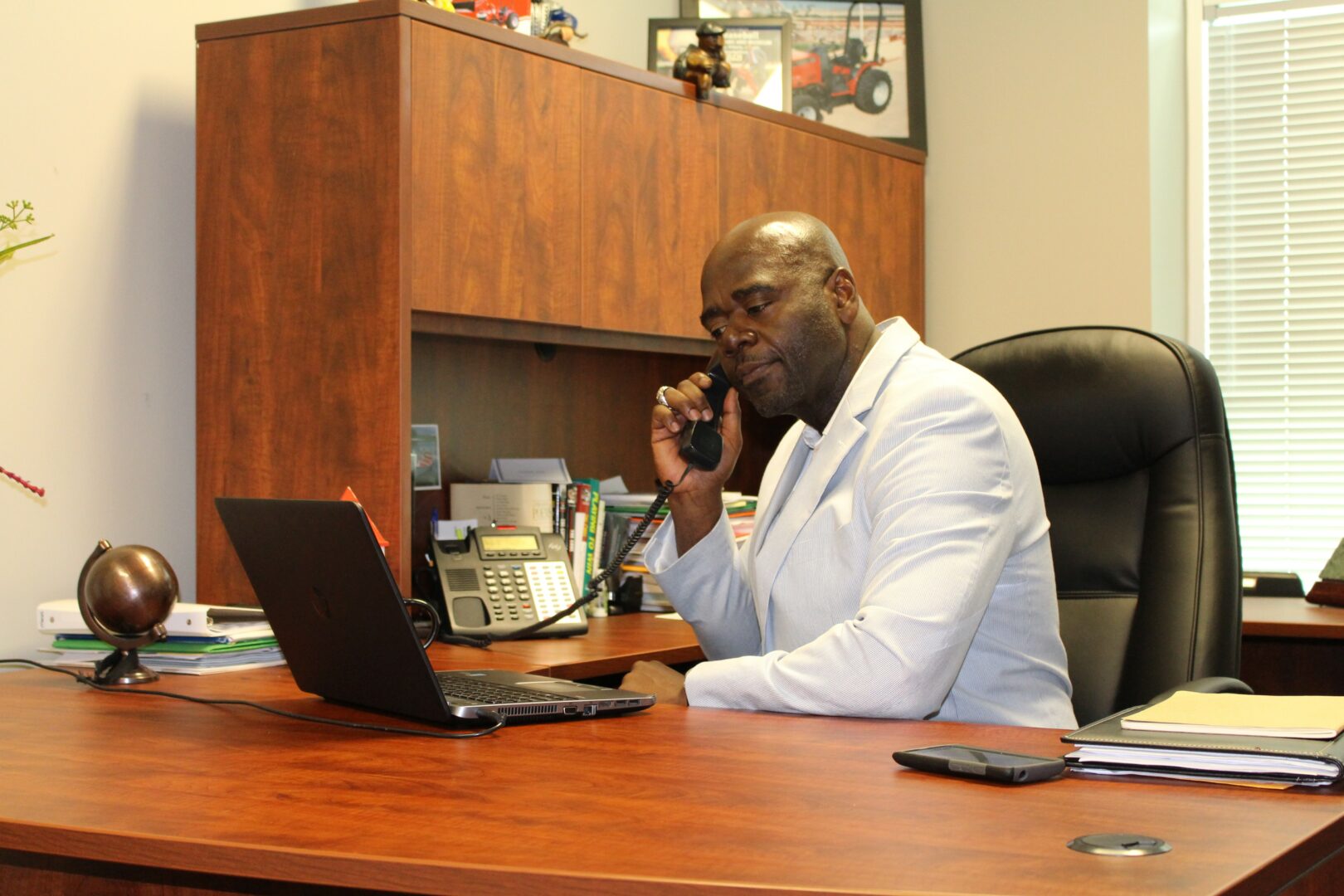We recently had the chance to connect with Cleophus P. Franklin Jr. and have shared our conversation below.
Good morning Cleophus P., it’s such a great way to kick off the day – I think our readers will love hearing your stories, experiences and about how you think about life and work. Let’s jump right in? What do you think others are secretly struggling with—but never say?
The thing people are desperately hiding? I call it the “Always-On Perfection Trap.” They’re drowning in the expectation to be flawless 24/7/365. Thanks to smartphones and constant connectivity, we’re not just expected to always be “on”—we’re expected to be perfect in every response, every interaction, every moment we’re accessible.
Many leaders that I consult for and coach, including many of us, have built a polished version of ourselves that works brilliantly in public. The competent professional who responds to emails within minutes. The reliable leader who always has the correct answer on demand. The understanding parent who posts only highlight reels on social media. But here’s what’s killing people: that curated version has become a prison.
Everyone is secretly terrified that one imperfect response, one moment of genuine struggle, one honest “I don’t know” will shatter the carefully constructed image they’ve spent years building. The exhaustion isn’t from the work—it’s from the relentless performance of having your act together when you’re accessible around the clock.
Sometimes we’ve become so skilled at being who others need us to be in every digital interaction that we’ve lost touch with who we are underneath the performance. Every text, every video call, every social media post becomes another opportunity to either maintain the facade or risk exposure.
The cruelest part? Our professional success depends on this constant curation, so we stay trapped in the always-on perfection loop, slowly suffocating behind our competence while secretly wondering if anyone else feels like they’re barely keeping their head above water.
People are silently begging for permission to be human again, and for someone who can turn it off, take a break, and sometimes make a mistake without losing everything. This trap can be exhausting and consume so many of us.
Can you briefly introduce yourself and share what makes you or your brand unique?
I’m Cleophus “Cleo” Franklin Jr., and I’ve spent 35 years proving that the impossible is just another Tuesday when you combine vision with relentless execution.
My journey began in the global agriculture industry, where, as a former executive, I led teams that transformed giants like John Deere, Case-New Holland, and Mahindra. At Mahindra Americas, as Chief Marketing Officer, my teams didn’t just grow revenue—we shattered records and captured market share that competitors swore was untouchable. We didn’t just succeed; we redefined what success looked like in an entire industry.
But here’s what drives me: developing the leaders who will solve tomorrow’s biggest challenges. Through my consulting firm Franklin Strategic Solutions, the Franklin Leadership Foundation at Morningside University, and my role as Senior Corporate Fellow and Adjunct MBA Professor at the University of Houston-Downtown, I’m obsessed with unleashing potential in purpose-driven leaders worldwide.
I’m also a storyteller at heart. My six books on leadership blend real-world battle scars with actionable insights, including my latest, “Another Cup With Cleo.” My Amazon bestselling poetry collection “More Words From My Heart – Vol II” proves that vulnerability and strength aren’t mutually exclusive.
Currently, I’m working on three new books spanning children’s literature, poetry, and leadership—because transformation happens at every age and through every medium.
What connects everything I do? I help ordinary people achieve extraordinary results when they’re given the right tools, mindset, and permission to be authentically powerful.
Okay, so here’s a deep one: What breaks the bonds between people—and what restores them?
For me, the answer is simple. It is Trust. Yes, it is always centered around Trust.
I have found early on in my life, which has not changed to this day, is that what shatters human bonds isn’t the big betrayals we expect—it’s the thousand small erosions. The commitments we don’t keep. From the conversations we avoid. The promises we make carelessly and break quietly. Each micro-breach chips away at the foundation until one day, people realize they’re standing on nothing.
But here’s what most miss: Trust isn’t built through grand gestures. It’s restored through consistent, micro-acts of reliability. Showing up when it’s inconvenient. Saying what you mean. Following through on the smallest commitments and admitting when you’re wrong before anyone has to point it out.
“Trust is both the most fragile and most powerful force in human relationships—it takes years to build, seconds to break, but only consistent truth to rebuild.” ~ Cleophus P. Franklin Jr.
Trust is the non-negotiable foundation of every relationship, whether business or personal. That’s why I conduct Trust Leadership workshops with my clients. Without exception, they tell me how profoundly this work transforms them, not just professionally, but in every relationship they value. Because once you understand Trust as a skill rather than a hope, everything changes.
If you could say one kind thing to your younger self, what would it be?
I love this question as I would tell my younger self to “Stop trying to be flawless. Start learning to be whole. Your cracks aren’t failures—they’re where the light gets in.”
I spend considerable time writing stories in my books about my younger years—not the highlight reel, but the raw, unfiltered lessons that shaped me. Coming from a family that celebrated achievement, I excelled on multiple fronts—sports, academics, you name it. I was always a quick study, and I did it all well. Maybe too well.
In those pages, I’ve had to confront one of life’s most brutal truths: forgiving yourself for not being perfect is perhaps the most challenging skill you’ll ever master. My younger self was suffocating under the weight of impossible standards—standards I’d learned to meet brilliantly, believing that every mistake was evidence of fundamental failure. What I wish I could tell him is that the goal was never perfection—it was evolution. Those missteps, those moments of falling short, those times when I disappointed myself and others weren’t detours from my path. They were the path.
The beautiful paradox I’ve discovered is that embracing your imperfections actually helps you “perfect” yourself over time, not into some flawless version, but into someone authentic, resilient, and genuinely wise. Each mistake became a teacher. Each failure became fuel.
Now, both personally and professionally, I understand that wholeness trumps perfection every single time. Because perfect people can’t connect with an imperfect world, but whole people can transform it.
Next, maybe we can discuss some of your foundational philosophies and views? What would your closest friends say really matters to you?
My closest friends would tell you I’m ruthlessly clear about my non-negotiables: my family, my health, and my faith. Period.
They would say I don’t just talk about these values—I live them unapologetically. When opportunities arise that conflict with family time, I say no without explanation. When travel schedules threaten my health routines, I restructure everything else first. When business decisions clash with my faith principles, there’s no debate.
What surprises people is how this clarity creates more opportunities, not fewer. When you’re transparent about your boundaries, the right people respect them and the wrong people eliminate themselves. Your values become a filter that attracts aligned relationships and repels misaligned ones.
My friends would also tell you I wear these priorities proudly, not as limitations but as liberations. They free me from having to deliberate over decisions that don’t honor what truly matters.
Here’s what I’ve learned: when your values are visible and unwavering, you give others permission to do the same.
The world desperately needs people who know what they stand for and aren’t afraid to stand there boldly, consistently, without apology.
Your non-negotiables aren’t constraints. They’re your compass.
Okay, so let’s keep going with one more question that means a lot to us: Could you give everything your best, even if no one ever praised you for it?
Unquestionably, yes. And it has always been that way.
Even as a kid, I was an independent thinker and doer—which got me into plenty of trouble—but I still pursued what I loved, what I was passionate about, and what felt right for me to do. That inner compass has never wavered.
Those who know me understand I’m not swayed by likeability, despite my relatability. I don’t post for likes, write for reviews, or teach and speak for applause. External validation was never the fuel; my internal purpose was.
Here’s what drives me: I do the things that allow me to sleep well at night and wake up still inspired, without regrets.
That’s my measuring stick. Not the crowd’s approval, not the critics’ opinions, not even the silence when nobody notices.
The most profound work often happens in the quiet spaces where no one is watching. That’s where character is forged. That’s where real impact begins. When you’re driven by internal standards rather than external praise, you become unstoppable—not because you don’t care what people think, but because you care more about what’s right.
Integrity doesn’t need an audience.
Contact Info:
- Website: franklinss.com and coffeewithcleo.com and my leadership foundation is https://www.morningside.edu/student-life-and-arts/leadership-development/franklin-leadership-foundation
- Instagram: https://www.instagram.com/coffeewithcleo/
- Linkedin: https://www.linkedin.com/in/cleophus-cleo-franklin-jr-b351b82/
- Facebook: https://www.facebook.com/cleo.franklin.75
- Youtube: @cleofranklin6631
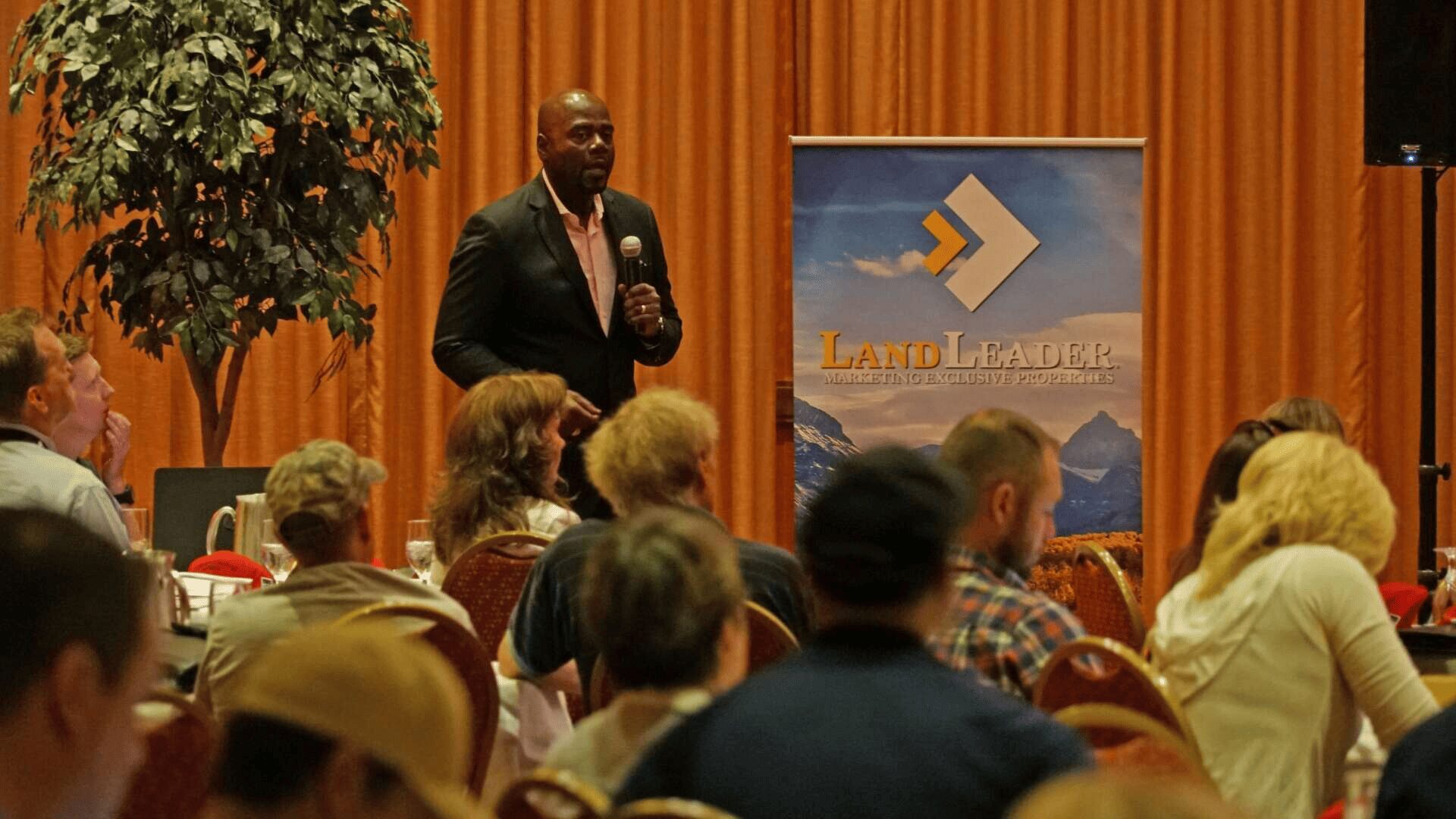
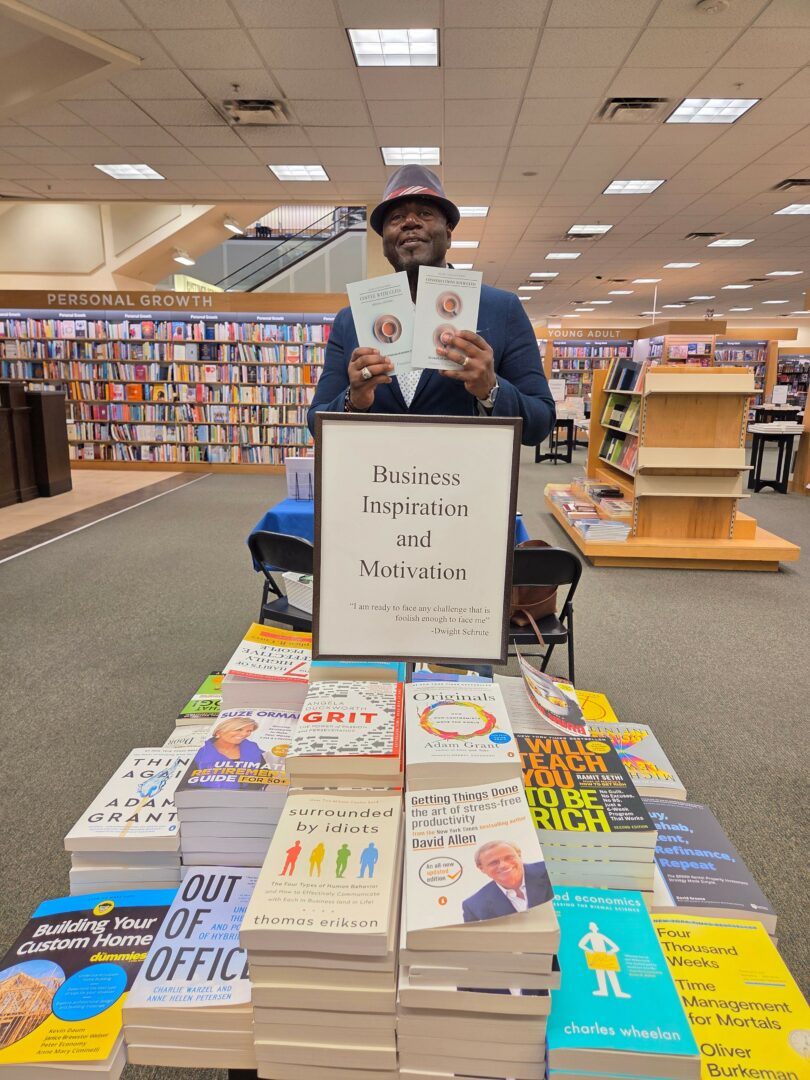
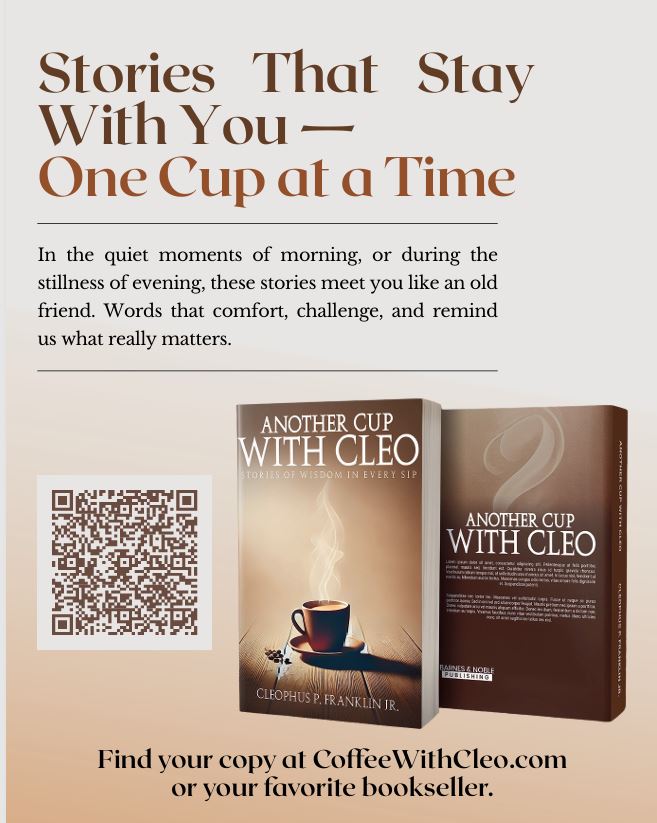

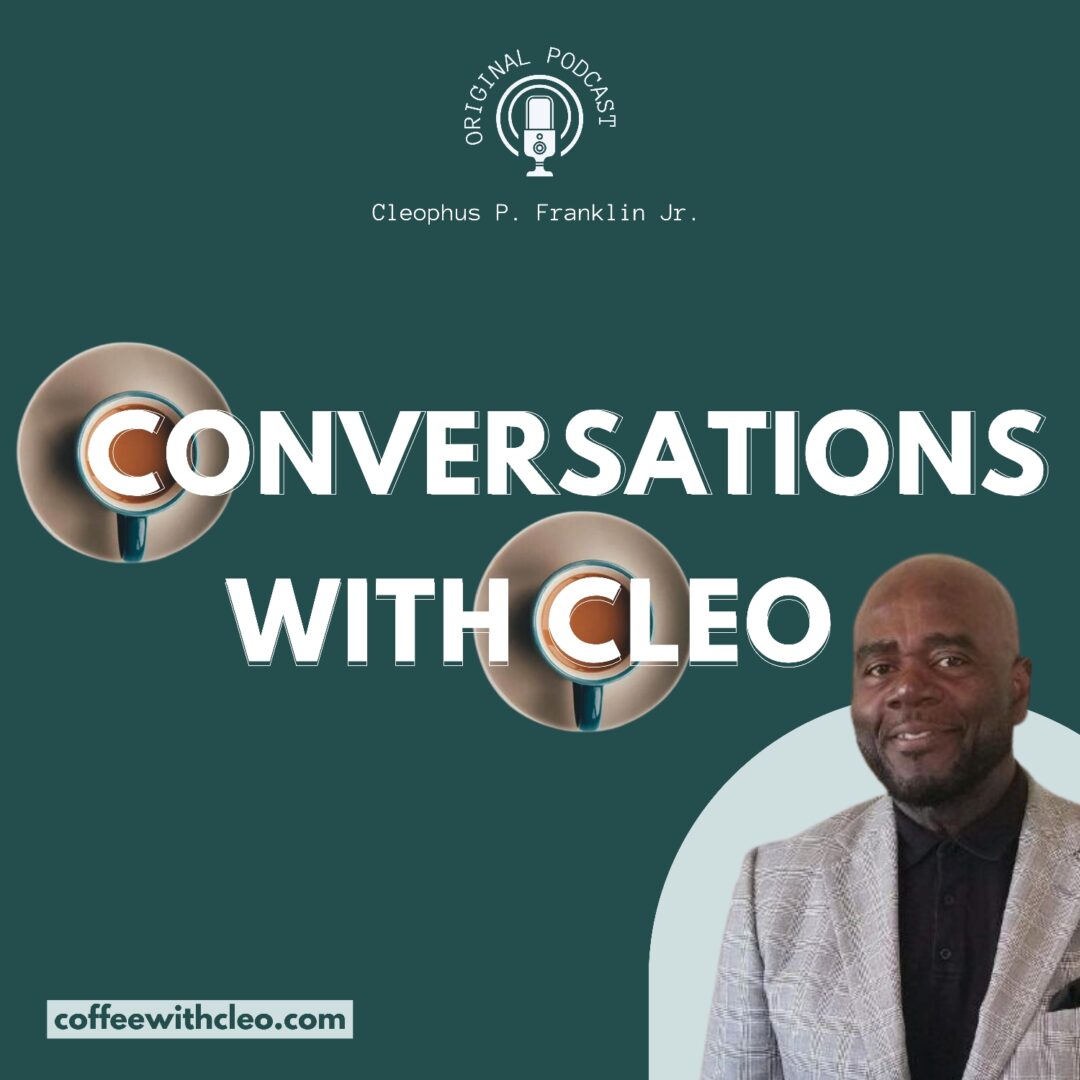
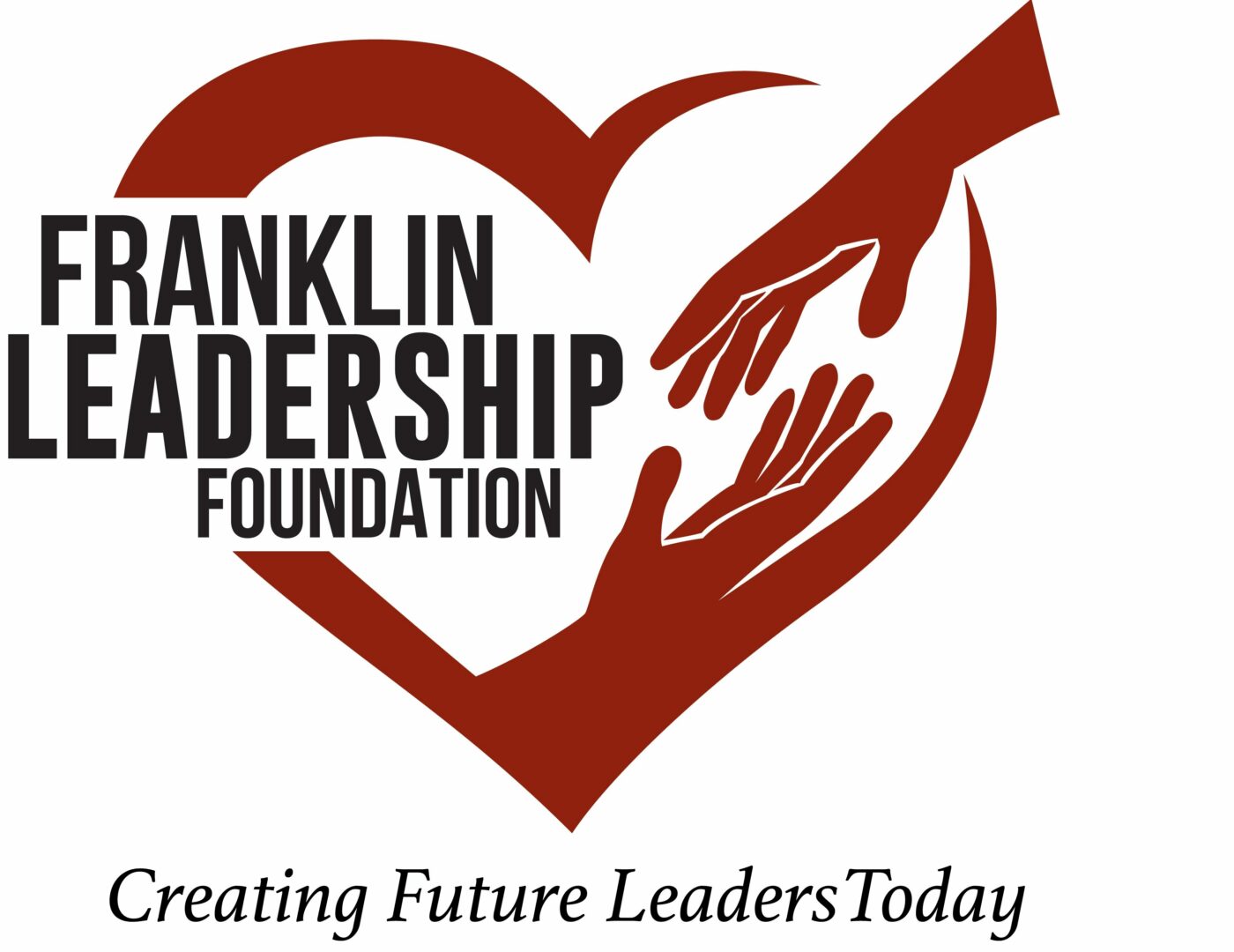
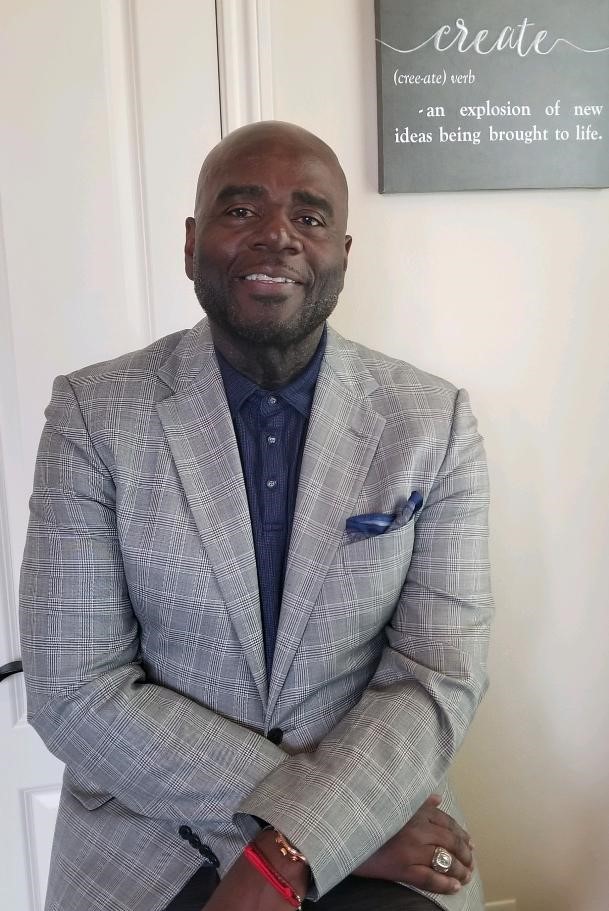
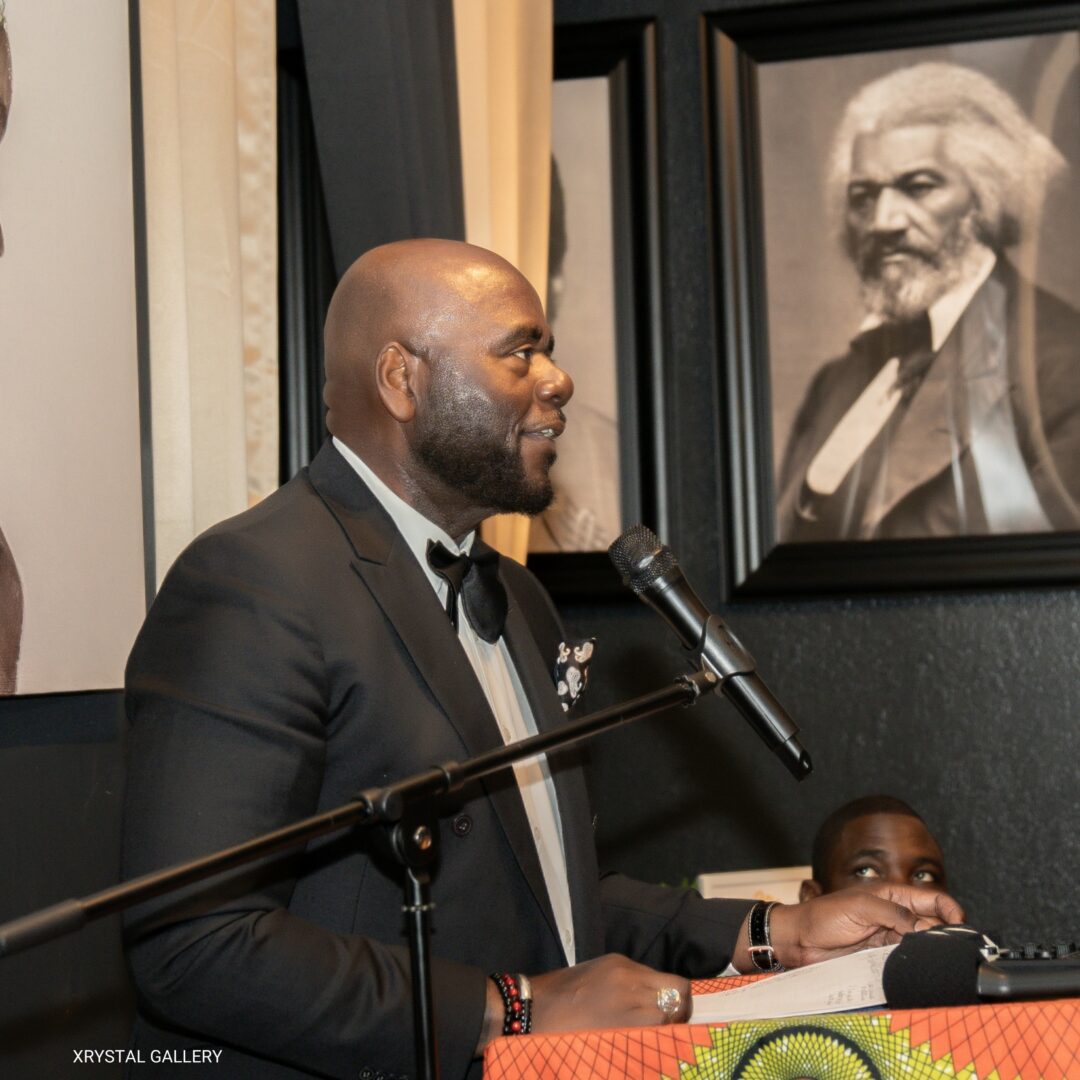
so if you or someone you know deserves recognition please let us know here.

